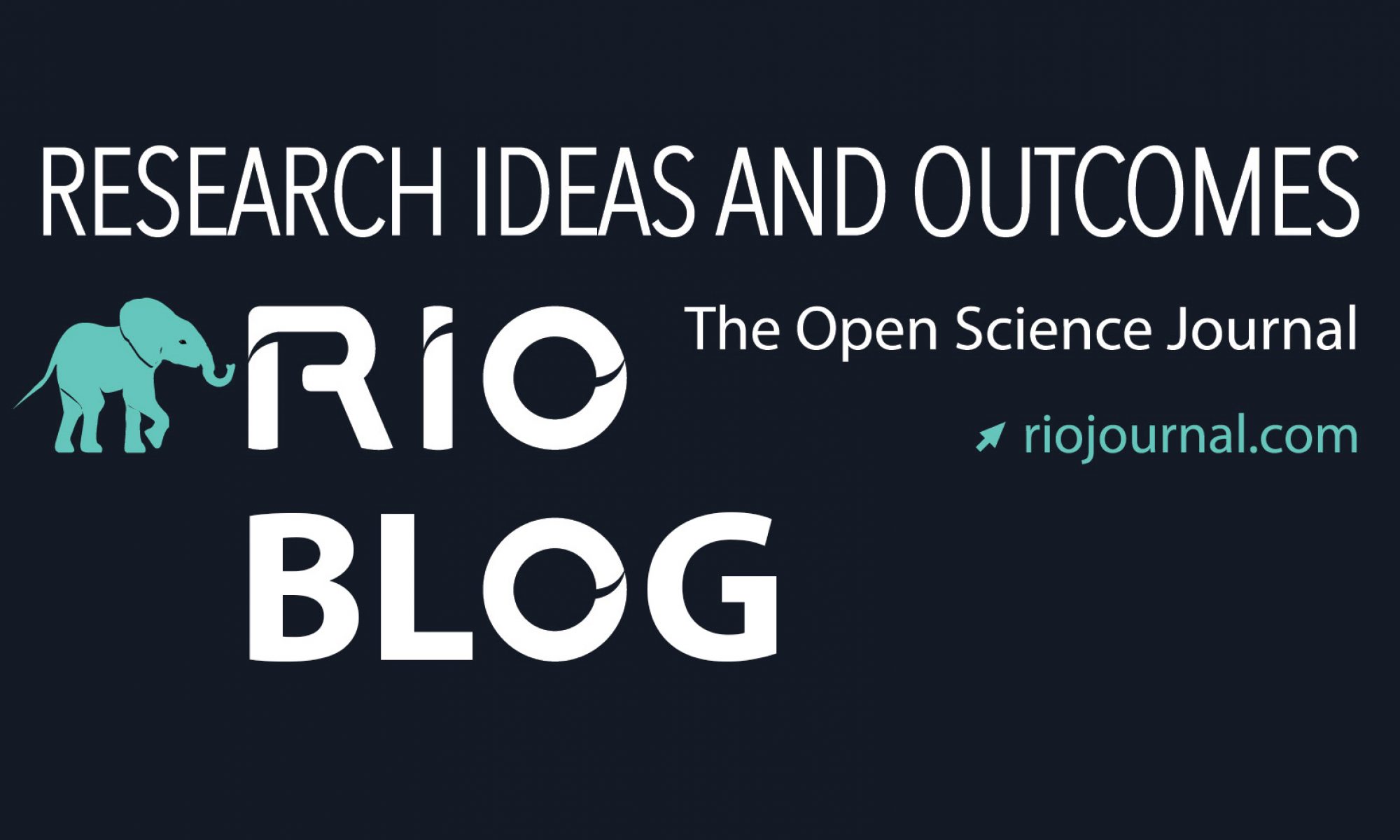To address the alarming injury rate in youth footballers in Sweden, the project Injury-Free Children and Adolescents: Towards Better Practice in Swedish Football (FIT project) seeks to fill in the knowledge gaps by bringing biomedical and social science together.
With its multi-angled and interdisciplinary approach, the project involves a sample of male and female Swedish football players aged 10 to 19, in order to provide concrete, evidence-based recommendations for injury prevention strategies for the use of sporting federations, sport education institutions, coaches, sport support staff, as well as players.
Having received funding by the Swedish Research Council for Sport Science, the grant proposal is published in the open-access journal Research Ideas and Outcomes (RIO Journal). Currently finalising its data collection stage, FIT project is being conducted at the Department of Food and Nutrition, and Sport Science, University of Gothenburg, Sweden, by PhD student Solveig Hausken, Dr Natalie Barker-Ruchti, Dr Astrid Schubring and Prof Stefan Grau.
While injuries in youth athletes could potentially instigate injuries later on in their careers or even force them to drop out of sport, so far, research has focused almost exclusively on the biomedical perspective and the identification of clinical and mechanical risk factors. However, little is known about the role of socio-cultural risk factors.
In contrast, FIT Project turns simultaneously to the disciplines of biomechanics, sport medicine, sport coaching and sport sociology. The researchers conducted laboratory tests to determine the physical and sport-specific dispositions of each player; handed out questionnaires to register details about experienced injury; performed interviews with both coaches and players to shed light on the coaching-training dynamics; and made direct observations on the coaching methods and coach-athlete relationships within the sporting context. Each of these sub-studies is meant to produce a separate dataset to be subjected to an interdisciplinary analysis.
“The FIT project is a rare example of how injury research can integrate biomedical and social science disciplines to produce multiple data sets and an interdisciplinary data analysis procedure,” the team explains.
The researchers expect to identify injury risk factors including: growth and maturation; injury history and general health; biomechanical and clinical parameters; training factors such as training intensity and recovery time between trainings; and contextual factors such as pressure to perform, athletic ideals and knowledge of coaches about injury prevention.
Starting in January 2019, a pilot analysis including the multiple datasets will be conducted. The team will be publishing updates on the FIT project’s progress on its website.
###
Original source:
Hausken S, Barker-Ruchti N, Schubring A, Grau S (2018) Injury-Free Children and Adolescents: Towards Better Practice in Swedish Football (FIT project). Research Ideas and Outcomes 4: e30729. https:/
















